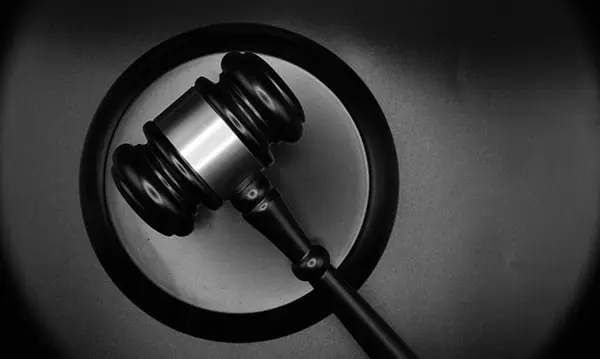The ongoing lawsuit involving Gregory Bullock in Greenville County centers around serious allegations of civil rights violations, including claims of excessive force and discrimination by local law enforcement. Bullock asserts that during his encounter with law enforcement, he was subjected to unlawful treatment that not only caused him emotional distress but also physical harm. This case has sparked widespread concern in the Greenville community, raising questions about the conduct of law enforcement officers and the protection of individual rights.
Gregory Bullock Lawsuit: Allegations and Legal Claims
Gregory Bullock’s lawsuit primarily involves accusations that local law enforcement officers violated his civil rights through acts of excessive force and discriminatory practices. He claims that these actions are part of a broader pattern of behavior within the department. This legal battle is being closely watched, as it touches on pressing issues such as police accountability and the use of force, which have become focal points in nationwide discussions about law enforcement reform.
The lawsuit further alleges that the misconduct Bullock experienced reflects systemic issues within Greenville County’s law enforcement, potentially involving breaches of duty by officers who are tasked with protecting the public. The legal claims suggest that such incidents are not isolated and call for thorough investigations and accountability measures to address ongoing concerns within the department.
Legal Developments and Court Proceedings
Since the initial filing of the lawsuit, there have been several important legal developments. Early court hearings have set the stage for the legal battle, with motions being filed by both Bullock’s legal team and the defense. These motions have focused on which evidence should be admitted and whether certain claims should be dismissed. The discovery phase has also been critical, allowing both parties to gather evidence, including witness testimonies, to build their cases. This phase is expected to shape the trajectory of the case as both sides prepare for trial.
As the case progresses, there has been significant interest in whether settlement negotiations will occur. Settling the case could be beneficial for both parties, avoiding a prolonged trial. However, if no settlement is reached, the case will likely proceed to a full trial, where a jury or judge will determine the outcome based on the presented evidence.
Public and Community Reactions
The Greenville County community has been actively engaged with the lawsuit, with many residents voicing their concerns about the allegations against local law enforcement. Advocacy groups focused on civil rights and police reform have rallied behind Bullock’s case, organizing events and public forums to raise awareness and promote discussions about police accountability. These groups argue that cases like Bullock’s highlight the need for systemic change in law enforcement practices, not only in Greenville County but across the country.
On the other hand, opinions are divided, with some members of the community defending the actions of law enforcement, arguing that Bullock’s claims may be exaggerated or influenced by personal disputes. The polarized reactions reflect the complex nature of the case and the broader conversation surrounding civil rights and justice in America.
Potential Outcomes and Broader Implications
The potential outcomes of the Gregory Bullock lawsuit could have far-reaching implications for both Bullock and the Greenville County law enforcement community. If the court rules in favor of Bullock, it could lead to significant financial penalties for the defendants and prompt policy changes within the police department. A ruling in his favor may also set a legal precedent, encouraging other individuals who have experienced similar treatment to pursue legal action. Conversely, if Bullock’s claims are dismissed, it could bolster the reputation of the local law enforcement agency and potentially dissuade future lawsuits.
Beyond the immediate legal ramifications, the case has broader implications for civil rights protections and police reform efforts. A ruling that supports Bullock’s claims may contribute to ongoing national conversations about how law enforcement agencies should handle the use of force and ensure the protection of individuals’ rights during encounters with the police.
Conclusion
The Gregory Bullock lawsuit in Greenville County represents a pivotal moment in the discussion of civil rights and law enforcement accountability. As the case unfolds, the legal process will determine whether Bullock’s claims of discrimination and excessive force are upheld, potentially influencing future cases and shaping the standards by which law enforcement is held accountable. For Greenville County, this lawsuit is not only about one individual’s legal battle but also about the future of police-community relations and the safeguarding of civil rights within the community.


